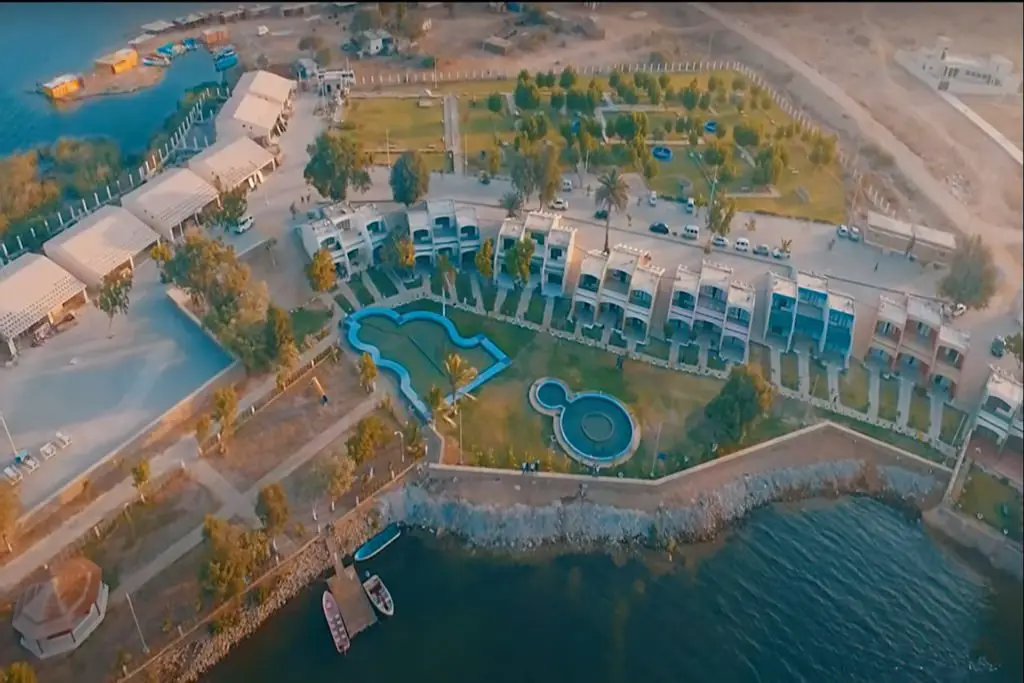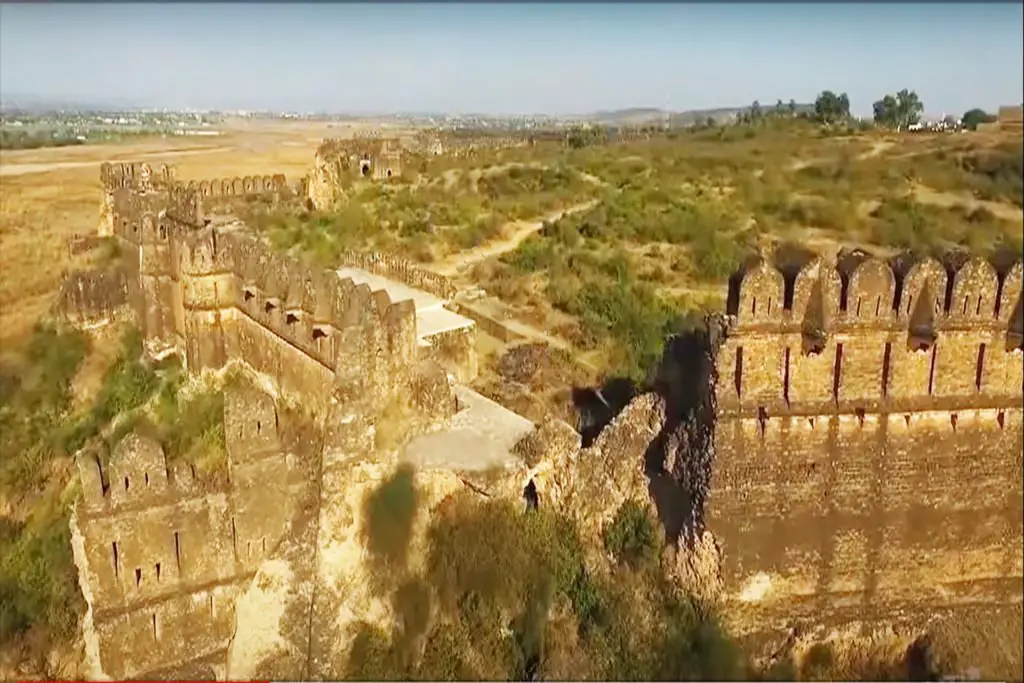The Ghana Empire, not to be confused with the modern-day nation of Ghana, was one of the most prosperous and powerful empires in West Africa during the medieval period. Flourishing between the 4th and 13th centuries AD, the empire left an indelible mark on the region’s history, culture, and trade. This article delves into the fascinating rise, achievements, and eventual decline of the Ghana Empire.
Emergence of the Ghana Empire
The Ghana Empire’s origins are shrouded in legend and oral tradition, making it challenging to pinpoint an exact date for its establishment. However, it is believed to have emerged around the 4th century AD in the region now known as southeastern Mauritania and western Mali. The empire was strategically located along the trans-Saharan trade routes, which contributed significantly to its economic prosperity.
Wealth through Gold and Salt Trade
One of the primary factors behind the Ghana Empire’s immense wealth was its control over the lucrative gold and salt trade. The empire’s vast gold mines in Bambuk and Bure were the source of abundant wealth, attracting merchants from North Africa and beyond. In exchange for gold, the Ghana Empire acquired precious salt from the Sahara Desert, which was crucial for preserving food and supporting agriculture in the region.
Administration and Governance
The Ghana Empire’s political structure was organized as a decentralized monarchy. The ruler, known as the Ghana or King of Kings, was responsible for overseeing regional governors, chiefs, and local rulers. Despite its decentralization, the empire maintained control over various trade routes and cities through a well-organized administrative system.
Cultural and Intellectual Flourishing
The Ghana Empire was not only an economic powerhouse but also a center of culture and intellectual exchange. The capital city of Koumbi Saleh served as a melting pot for traders, scholars, and artists from diverse backgrounds. The empire’s rulers patronized Islamic scholars, leading to the introduction of Islam and the establishment of mosques and Islamic schools.
Decline and Legacy
The Ghana Empire’s decline can be attributed to a combination of factors. By the 11th century, internal strife and external pressures from neighboring empires weakened its control over the lucrative trade routes. The Almoravids, a Berber Muslim dynasty from North Africa, invaded the empire in the 11th century, further eroding its power and influence.
The empire eventually fragmented into smaller states, marking the end of the Ghana Empire as a dominant regional force. However, its legacy lived on through the rise of subsequent West African empires, such as the Mali Empire, which built upon the Ghanaian foundation.
The Ghana Empire remains an essential chapter in West Africa’s history, representing a period of economic prosperity, cultural exchange, and political influence. Its strategic control over the gold and salt trade paved the way for subsequent empires, leaving a lasting impact on the region’s development. Though the empire may have faded into history, its legacy endures, serving as a testament to the resilience and accomplishments of the people who once thrived within its borders.







